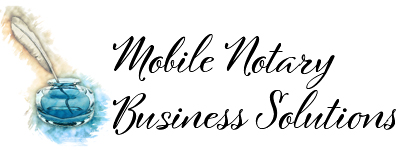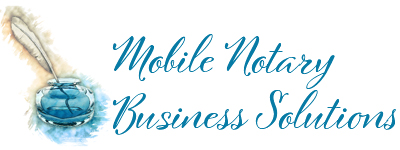- [email protected]
- 434-233-0199

Do you have your affairs in order?
Do your loved ones know where to find all your important papers? If you were to become incapacitated or, heaven forbid, die, will your loved ones be able to settle your estate themselves or will your estate need to go through Probate? Probate can drag on for years and become very expensive, eating up the assets in your estate that should be going to your loved ones.
According to the Cambridge Dictionary an estate is: everything that a person owns when he or she dies.
So yes, if you own anything, have financial accounts, own a business, etc. you do have an ESTATE.
Here are some suggestions to organize your affairs to help your loved ones when needed:
Bank accounts, Insurance, and the like – add direct beneficiaries to these accounts. This allows the beneficiary to access the account after your death without having to go through the courts to release the account.
Log ins and Passwords – Make a list of the web addresses, logins, and passwords for websites your loved ones may need access to after you are gone. Such as financial institutions, Insurance companies, iPhone/Cell phone, Credit Card companies, utilities, and the like. This will also come in handy if you are like me and can never remember passwords! Keep this up to date and in a secure place.
Estate Planning Documents: Estate planning covers the transfer of property at death as well as a variety of other personal matters.
- Trust – A trust is a legal arrangement intended to ensure a person’s assets eventually go to specific beneficiaries. Assets that go through a Trust can avoid probate. Probate becomes public records. A trust can avoid this as well.
- Healthcare Directive/Living Will – Puts into writing precisely what you want to happen and allows you to designate who will make health care decisions for you if you are incapacitated.
- Durable Power of Attorney – Allows you to designate who you want to make legal and financial decisions if you become incapacitated.
- Last Will and Testament – Designates to whom your personal possessions will go.
- Funeral Planning Declaration – Allows you to precisely state your wishes for the disposition of your remains and funeral services.
If you have completed the above Estate Planning documents, you may be able to avoid Probate altogether. If you have not, any assets without direct beneficiaries will likely have to go through the Probate Court. This is a lengthy process and very costly.
MOST IMPORTANT – Talk to your loved ones and let them know what your wishes are and why, and where they can find the information they will need after you are gone.
I hope this was helpful and gets you motivated to get your affairs in order!
- [email protected]
- 434-233-0199
Office Hours
Monday through Friday: 9 am to 6 pm
Saturday: 10 am to 6 pm
We are also available before and after hours by appointment or for emergencies
Disclaimer: Notaries Public are not attorneys licensed to practice law and therefore cannot offer legal advice, draft documents or advise others in preparing or explaining legal documents.

